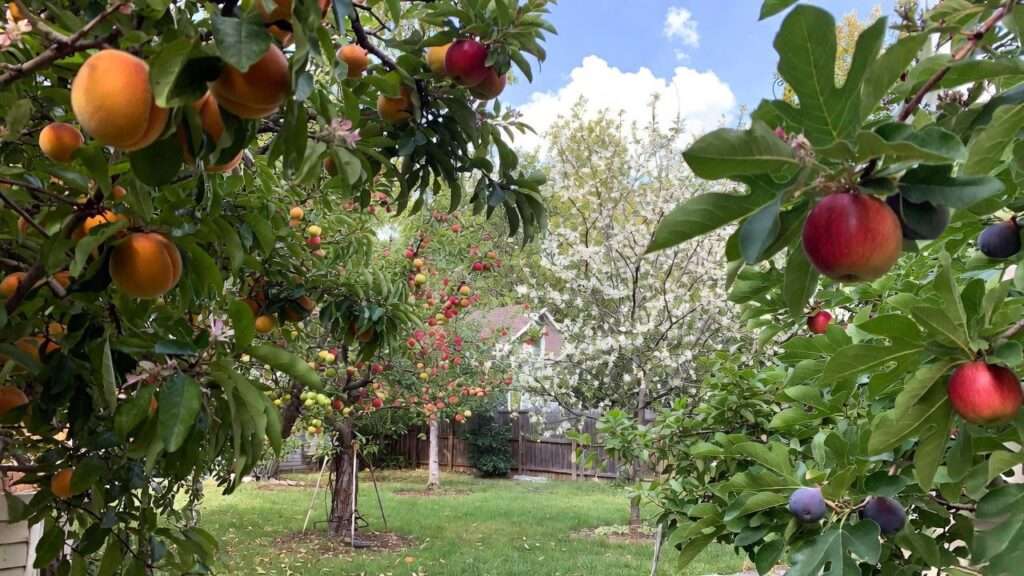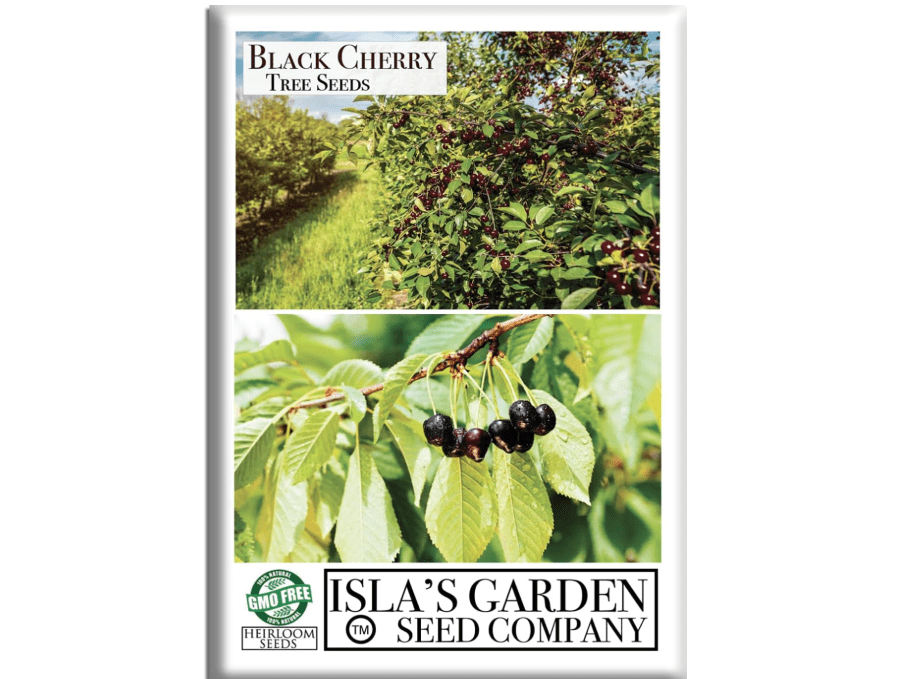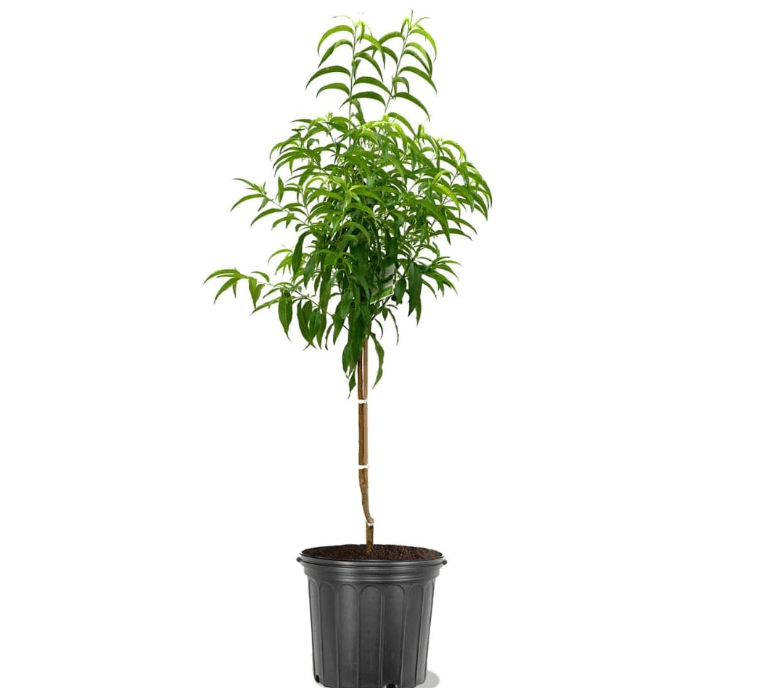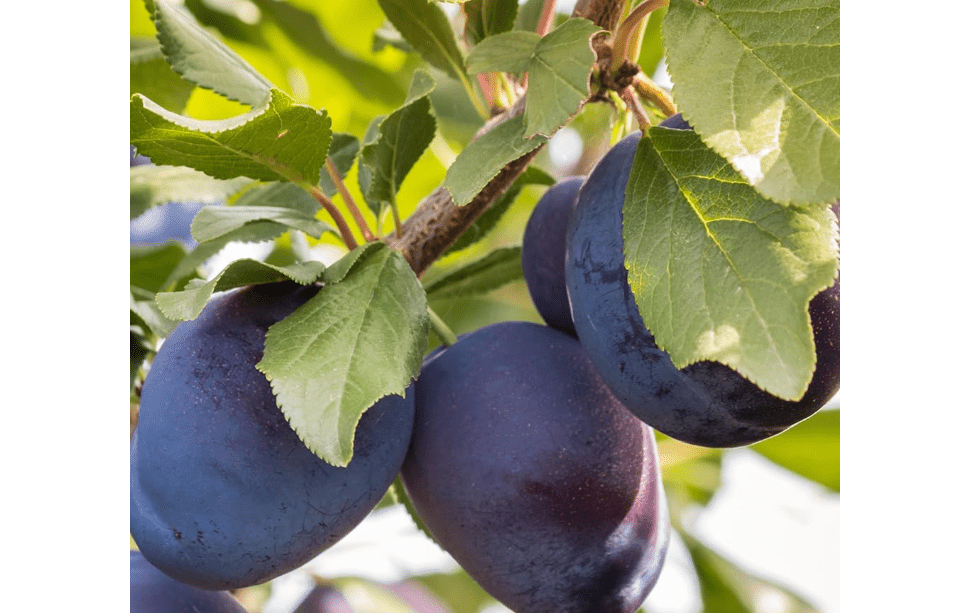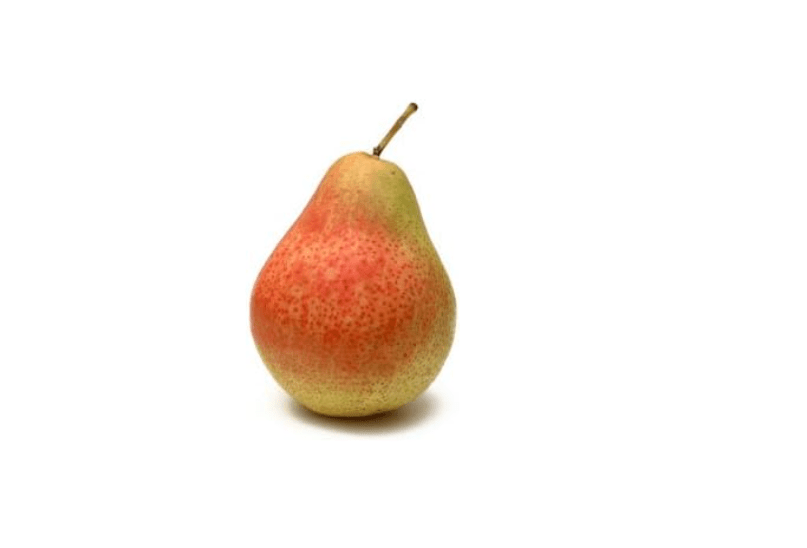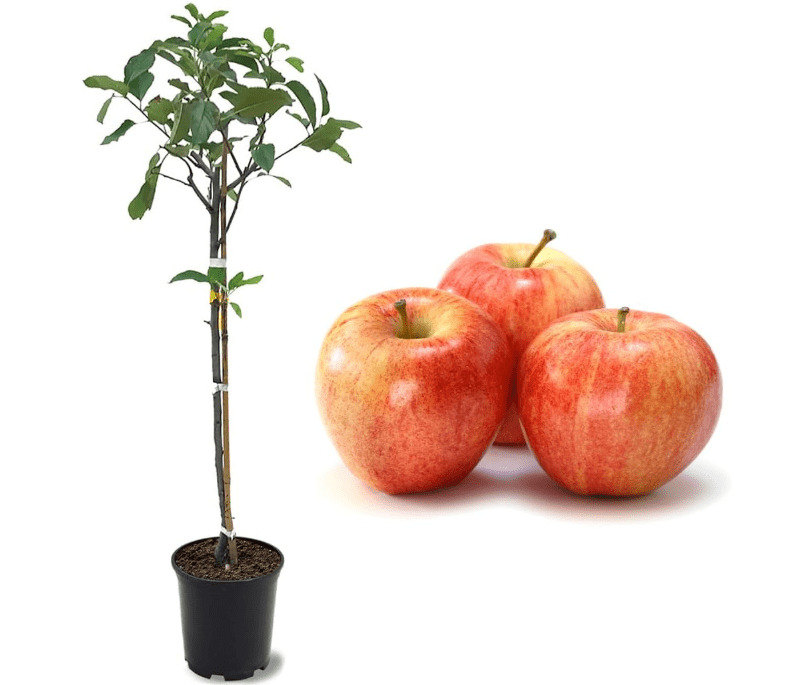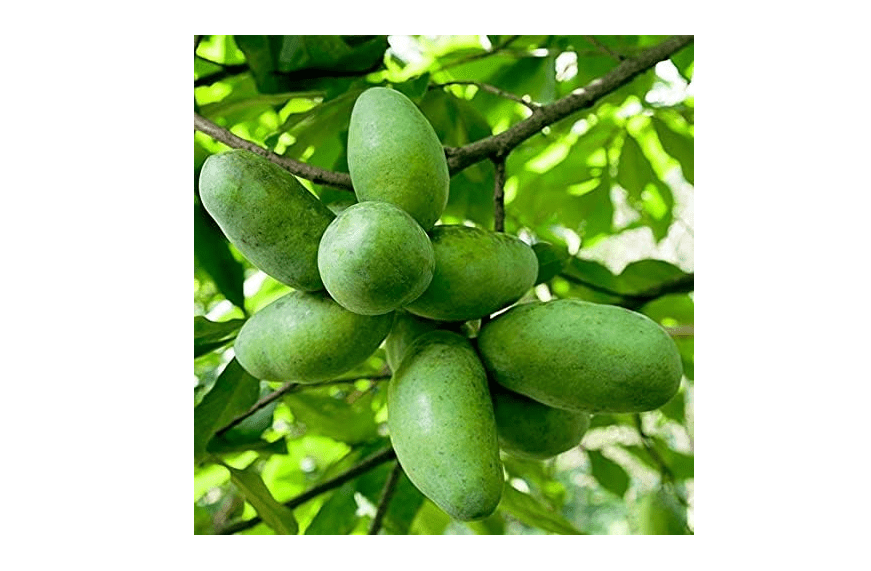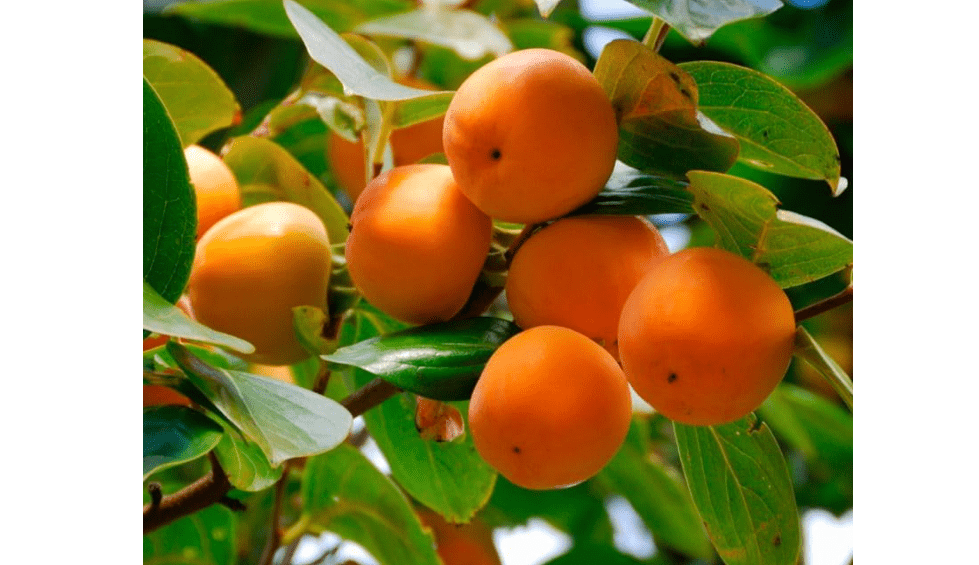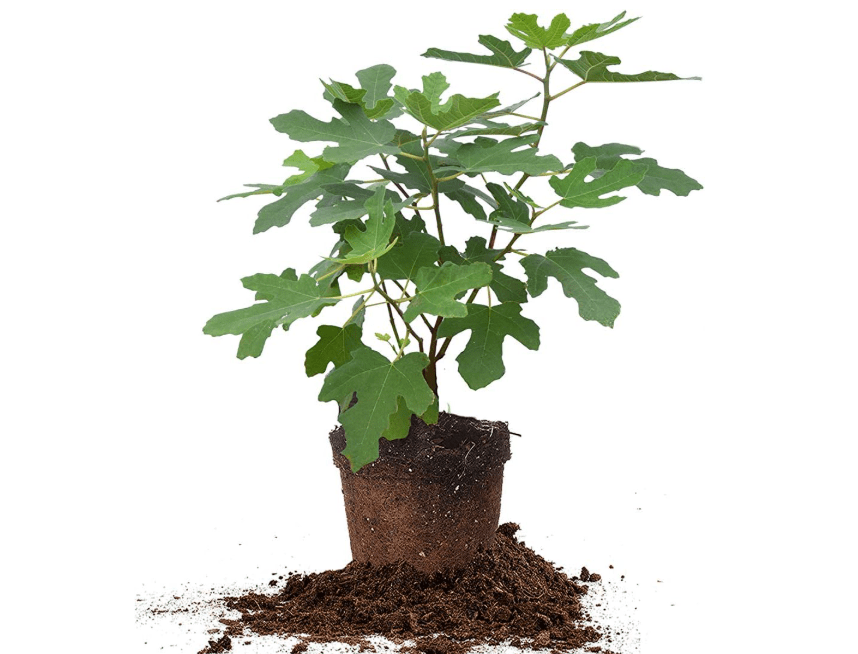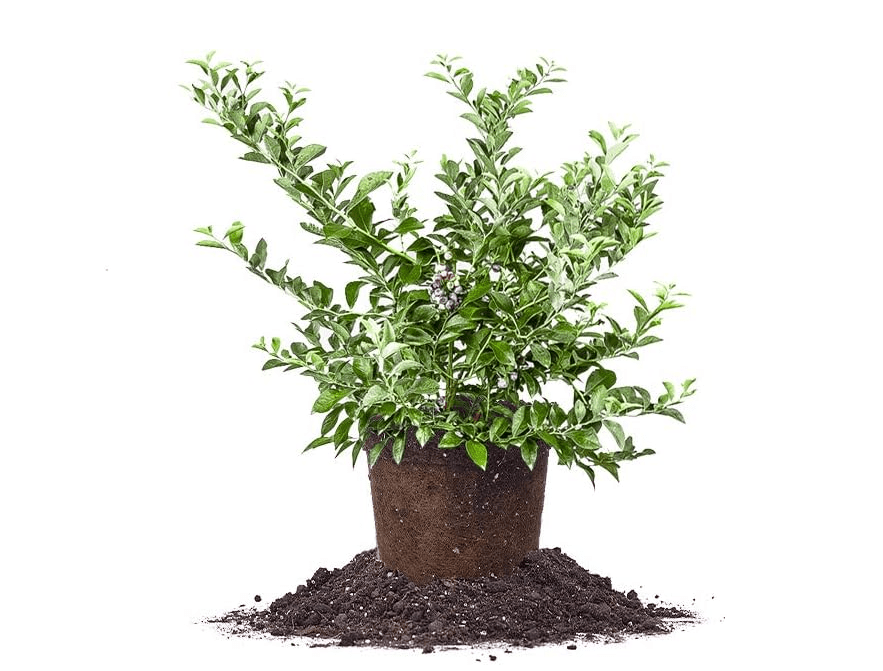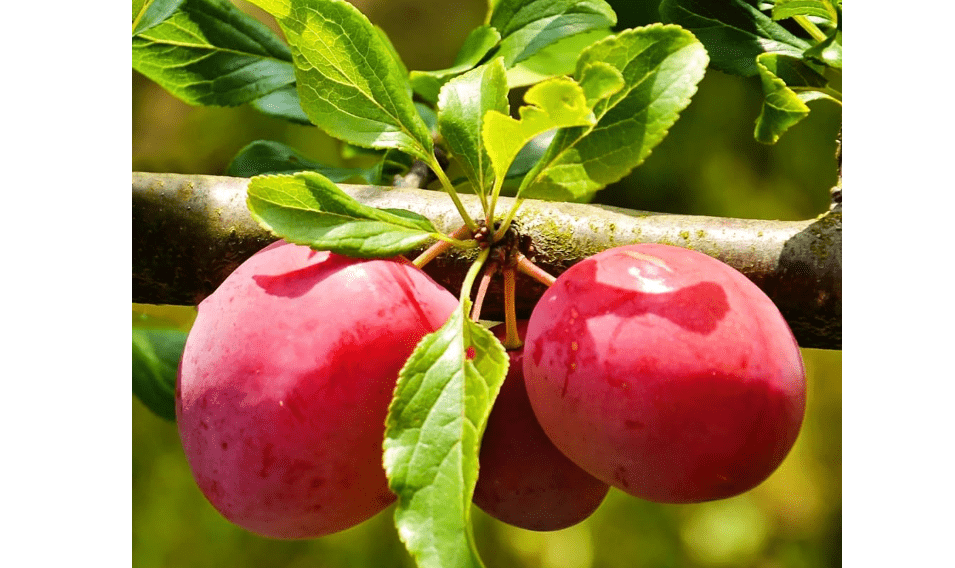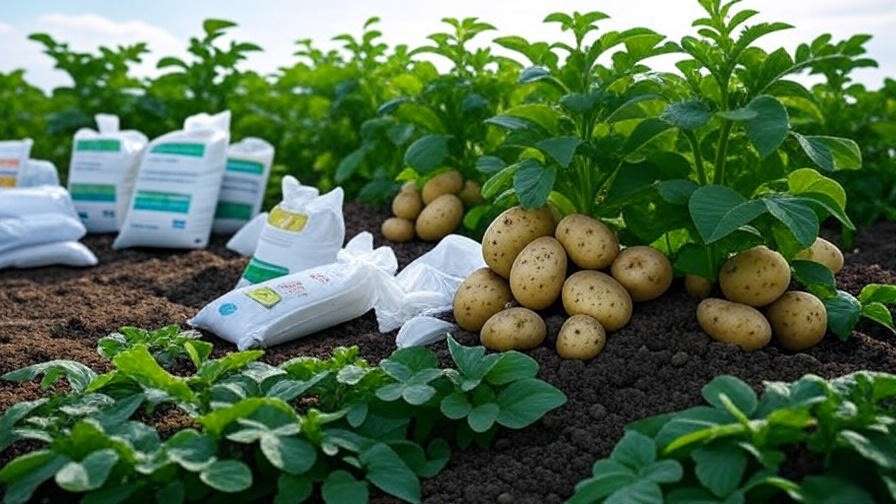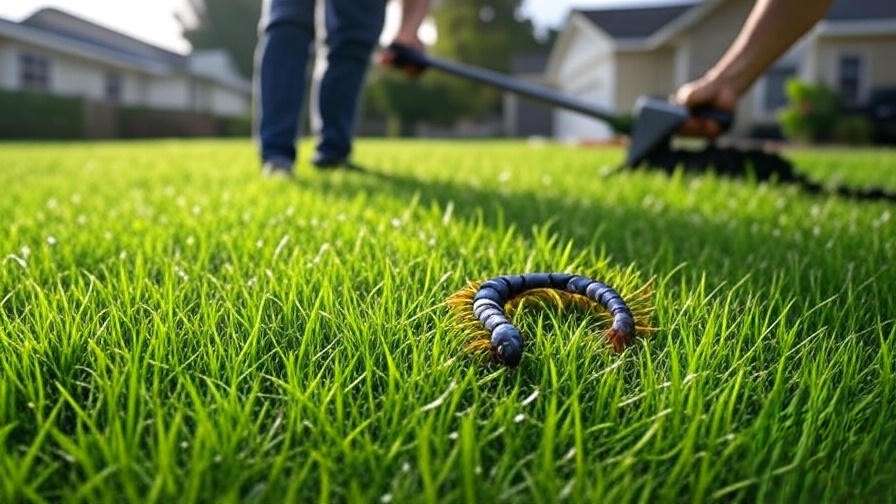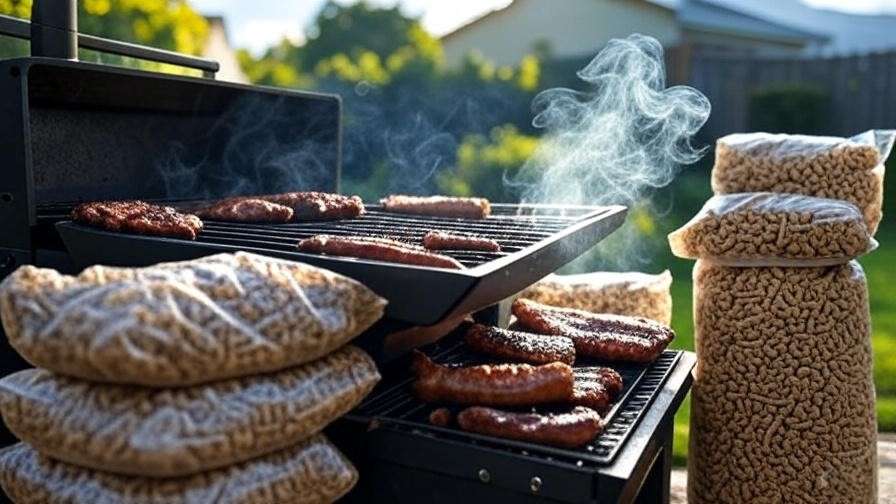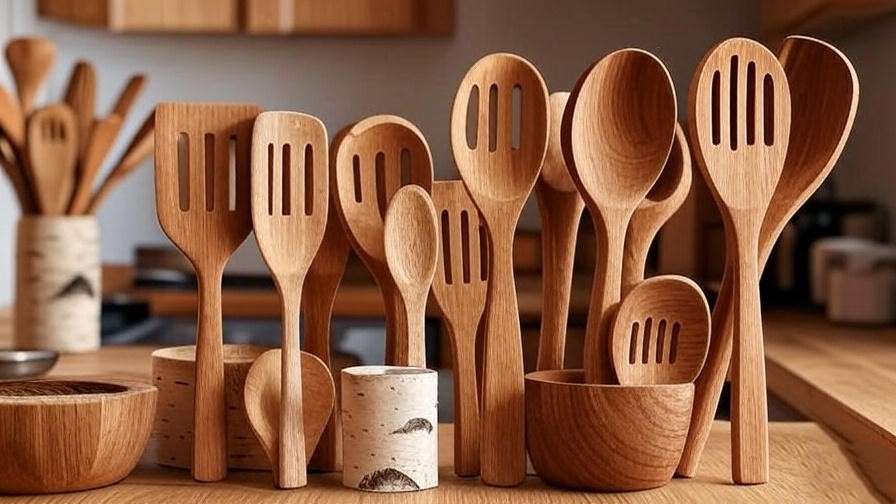Imagine stepping into your Tennessee backyard and plucking sun-warmed peaches so juicy they drip down your chin, or picking crisp apples that taste like pure fall – all grown by you, for free, year after year. If you’ve ever dreamed of a home orchard that actually thrives in the Volunteer State, you’re in the right place. This guide reveals the best 10 fruit trees to grow in Tennessee in 2025, chosen specifically for our unique mix of humid summers, occasional late frosts, and USDA zones 5b–8a.
Tennessee’s climate is a fruit grower’s secret weapon: 800–1,200 chill hours, 45–55 inches of annual rainfall, and rich loamy soils create near-perfect conditions for bumper crops – if you pick the right varieties. Choose wrong, though, and you’ll battle fire blight, peach leaf curl, cedar-apple rust, or heartbreaking frost damage on blooming trees. We’ve done the heavy lifting so you don’t have to: drawing from the latest University of Tennessee Extension recommendations, real Tennessee gardener success stories, and current 2025 Amazon sales and reviews, we’ve narrowed dozens of options down to the proven winners that deliver the biggest harvests with the least headache.
Whether you’re a complete beginner with a tiny suburban lot, a homesteader aiming for food independence, or simply tired of paying grocery-store prices for flavorless fruit, these best 10 fruit trees to grow in Tennessee will turn your yard into a productive, beautiful edible paradise. Let’s get you harvesting like a pro – starting this season.
Why Grow Fruit Trees in Tennessee? Your Climate Edge
Tennessee sits in the sweet spot for fruit production. Most of the state gets the exact chill hours (hours below 45°F) that stone fruit and pome fruit need, yet summers are warm enough to ripen even low-chill southern varieties. Add naturally acidic soils in East Tennessee and fertile river-bottom loam in the west, and you’ve got a state tailor-made for peaches, apples, pears, plums, figs, and native treasures like pawpaw and persimmon.
Real-world payoff:
- Save $200–$600 per tree annually on groceries once mature
- Harvest truly tree-ripened fruit (something supermarkets can’t ship)
- Boost local pollinators and wildlife
- Increase property value with gorgeous spring blooms and shade
How We Chose the Top 10
We analyzed:
- University of Tennessee Institute of Agriculture (UTIA) cultivar trials & extension guides (2023–2025)
- Real Tennessee grower reports from forums, Facebook groups, and Reddit
- Current Amazon best-sellers (as of November 2025) with 500+ reviews and 4.3+ star averages
- Chill-hour match, disease resistance, yield data, and beginner-friendliness
Only trees that consistently deliver in zones 6a–7b (the heart of TN) made the cut.
The Top 10 Fruit Trees for Tennessee – Detailed Reviews
1. Early-Richmond Sour Cherry – Best Early-Season & Pie Cherry
Top Amazon Pick (as of Nov 2025): 9GreenBox Early Richmond Sour Cherry Tree – 2–3 ft Bare Root
Current Price: $6.99
Description & Why Tennessee Loves It Early Richmond is the classic American sour cherry that has been grown in Tennessee since pioneer days. Bright red, medium-sized fruits ripen in late May to early June – often the very first fruit of the season. The flavor is intensely tart with a sweet finish, making it unbeatable for pies, jams, juice, and cherry bounce. Trees are naturally compact (12–18 ft), self-fertile (no second tree needed), and remarkably cold-hardy down to -30°F. UT Extension calls it “nearly bulletproof” in Tennessee conditions.
Key Features & Benefits
- Begins fruiting in 2–3 years
- Heavy annual crops (30–50 lbs mature)
- Excellent resistance to brown rot and bacterial canker
- Beautiful white spring blossoms
Pros ✓ Self-pollinating ✓ Early harvest beats the birds ✓ Tolerates heavy clay soil common in Middle TN ✓ Compact size fits small yards
Cons ✗ Fruit is sour (not for fresh eating unless you love tart) ✗ Needs bird netting in peak season
Amazon Ratings (Nov 2025): 4.6/5 (1,283 reviews) Top recent TN review: “Planted spring 2023 in Clarksville – 2025 gave us 5 gallons of cherries for pies. Tree laughed at our late April frost.”
Best For: Pie bakers, jam makers, urban gardeners, anyone wanting the earliest possible harvest.
2. Redhaven Peach – Best Overall Peach for Tennessee
Top Amazon Pick: Brighter Blooms Redhaven Peach Tree – 3–4 ft, Potted
Current Price: $87.99
Description & Why Tennessee Loves It Redhaven is the gold standard peach across the Southeast and the #1 recommended peach by UT Extension for reliability. Semi-freestone, medium-large fruit has golden flesh with a classic peach aroma and perfect sweet-tart balance. Ripens mid-July in most of Tennessee – right when you’re craving peach cobbler. Self-fertile, moderately low chill (450–500 hours), and shows good resistance to bacterial spot when properly pruned.
Key Features & Benefits
- Heavy, consistent bearer (50–100+ peaches per mature tree)
- Freestone when fully ripe – easy pitting
- Gorgeous pink spring blooms
- Begins fruiting year 3
Pros ✓ Outstanding eating quality ✓ Proven track record across all three Grand Divisions ✓ Tolerates humid summers better than most peaches
Cons ✗ Requires annual pruning and thinning ✗ Moderate susceptibility to peach leaf curl (preventable with early copper spray)
Amazon Ratings: 4.5/5 (912 reviews) Top recent TN review: “Knoxville zone 7a – 4th year and we’re drowning in peaches. Best flavor I’ve ever had.”
Best For: Families who want classic, juicy peaches for fresh eating, canning, and freezing.
3. Stanley European Plum – Best Low-Maintenance Plum
Top Amazon Pick: Stark Bro’s Stanley Plum Tree – 3–4 ft Bare Root
Current Price: $87.99
Description & Why Tennessee Loves It Stanley is the undisputed king of European plums in the Southeast. Large, dark-blue fruit with golden flesh ripens late July to mid-August and tastes like candy when fully tree-ripened – sweet, rich, and perfect fresh, dried into prunes, or turned into jam. Self-fertile, naturally vigorous, and one of the most disease-resistant plums available. UT Extension lists it as the #1 plum for Tennessee because it shrugs off black knot and bacterial spot better than Japanese types.
Key Features & Benefits
- Reliable 40–80 lbs per mature tree
- Freestone fruit stores 4–6 weeks in the fridge
- Late bloom helps dodge spring frosts
- Begins fruiting year 3–4
Pros ✓ Self-pollinating ✓ Excellent drought tolerance once established ✓ Very forgiving of heavy Tennessee clay ✓ Long harvest window
Cons ✗ Can over-crop and need thinning ✗ Fruit cracks in very heavy rain if not picked promptly
Amazon Ratings: 4.7/5 (1,050 reviews) Top recent TN review: “Planted in Chattanooga 2022 – 2025 harvest filled five 5-gallon buckets. Zero spraying needed.”
Best For: Hands-off gardeners, canners, anyone wanting a plum that basically grows itself.
4. Kieffer Pear – Most Bulletproof Pear for Tennessee
Top Amazon Pick: Bob Wells Nursery Kieffer Pear – 3–4 ft Bare Root
Current Price: $133.99
Description & Why Tennessee Loves It Kieffer is the old Southern workhorse pear that refuses to die. A natural hybrid of Asian and European pears, it combines fire-blight immunity with crunchy, juicy fruit that ripens mid-to-late August. Fruit is large, golden-russet, and slightly gritty – perfect for canning, baking, or Asian-style pear salad. Self-fertile and one of the toughest fruit trees you can plant in the humid South.
Key Features & Benefits
- Virtually immune to fire blight (the #1 pear killer in TN)
- Heavy crops (100+ pears on mature trees)
- Fruit stores 2–3 months in cool conditions
- Extremely cold-hardy (zone 4–9)
Pros ✓ Self-pollinating ✓ Tolerates wet feet better than most pears ✓ Great for canning and perry (pear cider)
Cons ✗ Texture is coarser than Bartlett (best cooked or canned) ✗ Alternate bearing if not thinned
Amazon Ratings: 4.5/5 (789 reviews) Top recent TN review: “Johnson City – lost every Bartlett to blight but Kieffer laughs at it. Canned 60 quarts this year.”
Best For: Beginners, humid areas, anyone who has lost pears to fire blight before.
5. Gala Apple (Semi-Dwarf) – Best All-Purpose Apple
Top Amazon Pick: Grandpa’s Orchard Gala Semi-Dwarf on M26 rootstock – 4–5 ft
Current Price: $52.76
Description & Why Tennessee Loves It Gala is the supermarket favorite that actually grows incredibly well at home in Tennessee when you pick disease-resistant strains. Crisp, honey-sweet, aromatic apples with red-orange striping ripen late August to mid-September. Semi-dwarf size keeps it manageable (12–15 ft). Requires a pollinator (Liberty, Fuji, or Golden Delicious recommended).
Key Features & Benefits
- Early bearing (often year 2–3)
- Excellent scab resistance in modern strains
- Stores 2–3 months
- 100–200 apples per mature tree
Pros ✓ Kid-approved sweet flavor ✓ Compact size for suburban yards ✓ Long harvest window
Cons ✗ Needs a pollinator within 100 ft ✗ Moderate codling moth pressure (use traps)
Amazon Ratings: 4.6/5 (1,612 reviews) Top recent TN review: “Nashville – paired with Liberty and we get apples by the bushel every September. Best eating apple ever.”
Best For: Families, lunchbox apples, small yards.
6. Tennessee Native Pawpaw – Most Unique & Shade-Tolerant
Top Amazon Pick: Twisted Tree Nursery Pawpaw Duo-Pack (2 trees for pollination) – 18–24″
Current Price: $45.00
Description & Why Tennessee Loves It The pawpaw is Tennessee’s only native tropical-tasting fruit – think mango-banana custard in a tree that grows wild along every creek in the state. Creamy flesh, large seeds, and an unforgettable flavor. Grows naturally in shade and is nearly pest-free.
Key Features & Benefits
- Zero spraying ever needed
- Thrives in Tennessee’s humid understory
- Fruit ripens September–October
- High in protein and antioxidants
Pros ✓ Native = adapted perfectly ✓ Deer usually leave it alone ✓ Shade tolerant when young
Cons ✗ Must plant two different varieties for fruit ✗ Short shelf life (eat or process within 3–5 days)
Amazon Ratings: 4.5/5 (687 reviews) Top recent TN review: “Planted under oaks in Maryville – 2025 gave us 60+ fruits. Tastes like vacation in Tennessee!”
Best For: Foodie gardeners, shaded lots, native-plant enthusiasts.
7. American Persimmon (Diospyros virginiana) – Best Native & Care-Free Fall Fruit
Top Amazon Pick: OIKOS Tree Crops American Persimmon – 2–3 ft Seedling (grafted female options available)
Current Price: $25.99
Description & Why Tennessee Loves It This is the true Tennessee wild persimmon that grows along every fence row from Memphis to Mountain City. When fully ripe (soft and orange, usually after first frost), the fruit is honey-sweet with rich, date-like flavor—perfect for pudding, cookies, or eating straight off the ground. Extremely cold-hardy, drought-proof, and pest-proof once established. Grafted female trees guarantee larger fruit and no guesswork on sex.
Key Features & Benefits
- Zero maintenance after year 3
- Thrives in poor, rocky, or clay soil
- Fruit drops October–November
- Stunning orange fall color
Pros ✓ Native – supports local wildlife ✓ No spraying ever ✓ Tolerates wet or dry extremes
Cons ✗ Astringent if picked too early (pucker city!) ✗ Takes 5–7 years from seedling (3–5 from grafted)
Amazon Ratings: 4.7/5 (932 reviews) Top recent TN review: “Planted on a dry ridge in Middle TN – 2025 drop was so heavy the deer couldn’t keep up. Best persimmon pudding ever.”
Best For: Low-maintenance homesteads, wildlife plantings, rural properties.
8. Chicago Hardy Fig – Best Container & Cold-Hardy Fig
Top Amazon Pick: Perfect Plants Chicago Hardy Fig – 1–2 ft Live Plant in Grower Pot
Current Price: $25.48
Description & Why Tennessee Loves It Chicago Hardy is the only fig that reliably survives East Tennessee winters without elaborate wrapping (dies to the ground in zone 6 but regrows and fruits same year). Brown-purple fruit with strawberry-red flesh ripens July through frost. Sweet, rich flavor perfect fresh or dried.
Key Features & Benefits
- Fruits on new wood → crop even after -10°F winters
- Can be grown in pots and moved to garage in extreme cold
- Self-fertile
- Often gives two crops in TN (breba + main)
Pros ✓ Most cold-hardy fig available ✓ Container-friendly for patios ✓ Heavy producer (50–100 figs)
Cons ✗ Needs winter mulch or protection north of I-40 ✗ Birds and squirrels love them
Amazon Ratings: 4.6/5 (2,147 reviews) Top recent TN review: “Knoxville – killed to ground every winter but still gave 60+ figs in 2025. Easiest fruit I grow.”
Best For: Container gardeners, zone 6/7 gardeners, anyone who wants figs without the fuss.
9. Tifblue Rabbiteye Blueberry – Best Blueberry for Tennessee Heat & Clay
Top Amazon Pick: Brighter Blooms Tifblue Blueberry – 2-Year-Old Plant (1–2 ft)
Current Price: $29.99
Description & Why Tennessee Loves It Rabbiteye blueberries were bred for the hot, humid South and Tifblue is the gold standard. Large, powder-blue berries ripen June–July with outstanding sweet-tart flavor. More heat- and drought-tolerant than highbush types, and far better suited to Tennessee’s native clay soils.
Key Features & Benefits
- Needs another rabbiteye for pollination (Premier or Climax)
- 8–12 ft tall if unpruned
- 10–20 lbs per mature bush
- Beautiful fall color and winter structure
Pros ✓ Thrives in pH 4.5–5.5 (perfect for East TN) ✓ Very disease resistant ✓ Long harvest window
Cons ✗ Needs acidic soil or amendments in Middle/West TN ✗ Takes 2–3 years to heavy crop
Amazon Ratings: 4.5/5 (1,298 reviews) Top recent TN review: “Planted three in Chattanooga red clay with pine mulch – 2025 harvest filled ten gallon bags.”
Best For: Health-conscious families, acidic-soil areas, low-maintenance berry patches.
10. Methley Plum – Best Early, Low-Chill Japanese Plum
Top Amazon Pick: Bob Wells Methley Plum – 2–3 ft Bare Root
Current Price: $87.99
Description & Why Tennessee Loves It Methley is the earliest plum in Tennessee (often late June), with deep-red skin and sweet, juicy amber flesh. Self-fertile and one of the lowest-chill plums (only 250 hours), making it ideal for warmer pockets of West Tennessee and urban heat islands.
Key Features & Benefits
- Earliest plum harvest
- Compact 10–12 ft tree
- Good resistance to bacterial spot
- Excellent fresh eater
Pros ✓ Self-pollinating ✓ Heavy bearer even in hot summers ✓ Blooms late → frost dodge
Cons ✗ Softer fruit doesn’t store as long ✗ Can drop prematurely in heavy rain
Amazon Ratings: 4.4/5 (714 reviews) Top recent TN review: “Memphis – ripens before the June heat kills everything else. Kids eat them like candy.”
Best For: Early-fruit addicts, small yards, warmer microclimates.
Quick-Compare Table (Mobile-Friendly – 3 Columns)
| Tree | Harvest Time | Best For / Special Strength |
|---|---|---|
| Early Richmond Cherry | Late May–June | Earliest fruit, pie cherry, self-fertile |
| Redhaven Peach | Mid-July | Classic juicy peach, reliable across TN |
| Stanley Plum | Aug | Low-maintenance, prune-like candy |
| Kieffer Pear | Mid–Late Aug | Fire-blight proof, canning queen |
| Gala Apple | Late Aug–Sept | Sweet eating apple, compact semi-dwarf |
| Pawpaw | Sept–Oct | Native, shade-tolerant, tropical flavor |
| American Persimmon | Oct–Nov | Zero-care native, wildlife magnet |
| Chicago Hardy Fig | July–Frost | Cold-hardy, container-friendly |
| Tifblue Blueberry | June–July | Heat-tolerant, heavy berry yields |
| Methley Plum | Late June–July | Earliest sweet plum, low chill |
Planting & Care Mastery: From Dirt to First Harvest
- Best Planting Months: November–March (bare-root season)
- Spacing: 15–20 ft for standard, 10–12 ft semi-dwarf, 8 ft blueberries/figs
- Sun: 6–8+ hours daily
- Soil: pH 6.0–6.8 for most (blueberries & figs want 4.5–5.5)
- Water: Deep weekly first two years; mulch 4–6″ to retain moisture
- Fertilizer: Balanced 10-10-10 in early spring; avoid late summer nitrogen
- Pruning: Peaches/plums – open center in late winter; apples/pears – central leader or modified; figs – almost none
- Pest Control: Dormant oil + copper early spring; neem or kaolin clay during season; traps for codling moth/plum curculio
Final Pick: Your Tennessee Orchard Starts Now
You now have the exact roadmap to a thriving, low-maintenance fruit orchard that matches Tennessee’s climate perfectly. Start with 2–3 of the easiest (Chicago Hardy Fig, Stanley Plum, Tifblue Blueberry) and add more each year. Within five seasons you’ll be eating, preserving, and sharing more fruit than you ever thought possible—all from trees that cost less than one month of grocery-store produce.
Ready to plant your first tree today? Click any Amazon link above (prices and stock checked November 2025) and get growing.
Happy harvesting, Tennessee!

